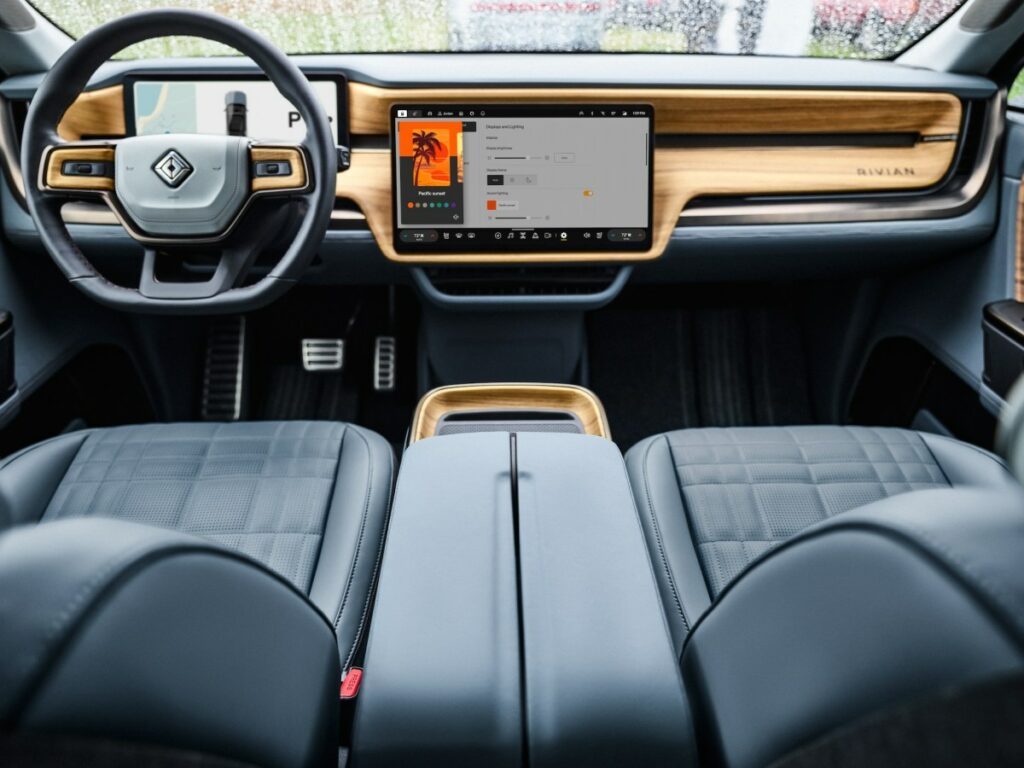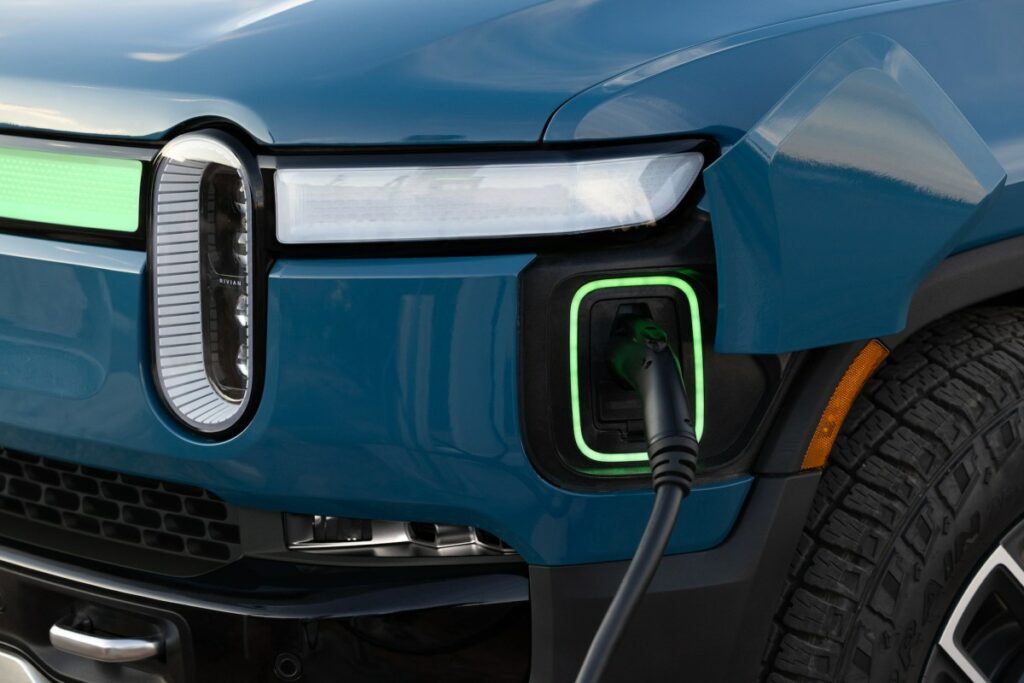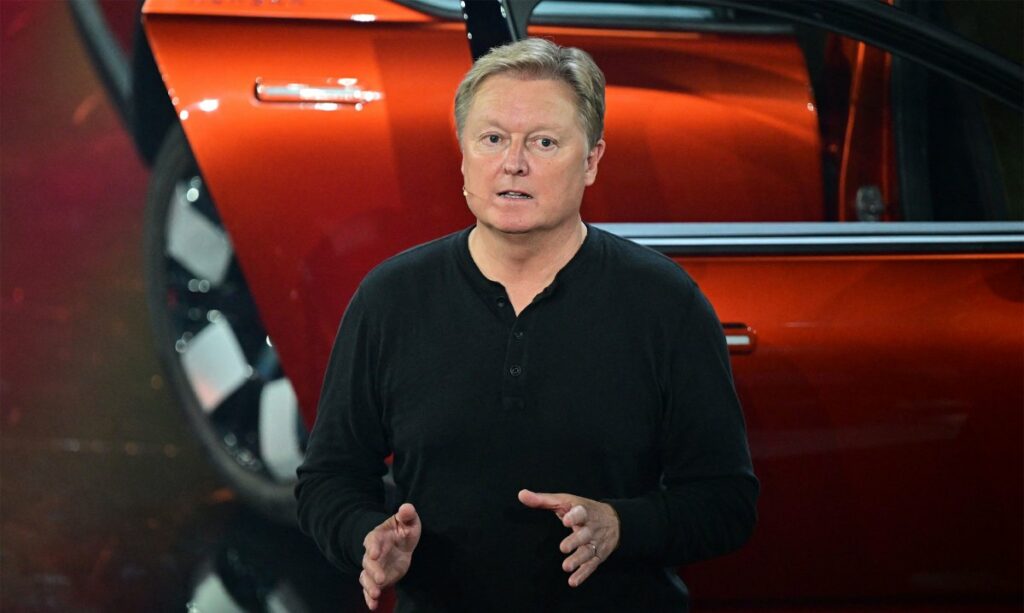The blockbuster $5 billion deal between Volkswagen Group and Rivian is just days old. But it turns out, VW Group was tapping into Rivian’s software expertise months before the partnership was announced.
VW Group’s struggling software arm Cariad has hired at least 23 of the startup’s top employees over the past several months, a TechCrunch review of LinkedIn data reveals. Cariad’s chief software officer, chief product security officer, two of its vice presidents, and two principal engineers have all been hired from Rivian. Nearly all of the other hires came from senior software roles at Rivian, many of them this year.
The hires pre-date any deal between VW and Rivian. The joint venture, which would allow the German giant to leverage Rivian’s software and electrical architecture chops, is still being formed. The JV isn’t expected to be formalized until the fourth quarter — a detail that VW and Rivian spokespeople pointed out.
Still, the wave of new hires illustrates VW’s — and, more specifically, Cariad’s — desire to tap software talent. And those early hires could prove fruitful as the joint venture comes together.
The hires have bolstered Cariad’s effort to build up a Silicon Valley outpost in Mountain View called the SDV Hub — an acronym that gives a nod to the so-called software-defined vehicle that every automaker is chasing. The SDV hub is ground zero for Cariad’s next-generation software architecture known as “software 2.0.”
In fall 2023, Cariad hired Sanjay Lal, who most recently led the development of Rivian’s infotainment and next-gen middleware across the vehicle and cloud, to lead the establishment of the SDV hub. The focus of the engineers at the SDV hub in California — as well as some German-based workers under Lal — is on the software 2.0 architecture that is supposed to be an operating system designed for all VW Group brands.
The hub’s focus suggests those same employees could be part of the eventual VW-Rivian joint venture. It should be noted that both Rivian and VW spokespeople said that speculation was premature.
“We are initially focusing together on the smooth start-up of our joint venture with Rivian, and will comment on everything else at a later time,” an emailed statement from VW reads.
While Cariad has more than 7,000 employees worldwide, its footprint in North America is much smaller. The SDV hub currently has around 230 employees, according to LinkedIn. That means recent Rivian expats now make up around 10% of Cariad’s employee base in the region.
These hires come as Cariad is in the middle of restructuring after years of struggles. Created in 2020, Cariad was supposed to speed up development of advanced software and electrical architecture for Volkswagen Group’s big push into EVs. As Cariad grew in size, its problems compounded. Its software 1.2 platform, which was being developed for Audi and Porsche cars, was originally scheduled for completion in 2022. The constant delays and other internal problems led to several executive shakeups and is considered one of the reasons VW Group CEO Herbert Diess was dismissed in 2022.
Cariad, now under the direction of Peter Bosch, has successfully completed the 1.2 software architecture that will be in the upcoming Porsche Macan EV. But it’s the 2.0 architecture that is meant to catapult all of the group’s brands in the same sphere as Tesla.
Tapping talent from the likes of Rivian bucks how Cariad was building out its North American workforce over the last two years. Prior to the last few months, most Cariad employees in the region came from other places inside the Volkswagen Group, from automotive or software suppliers. Far fewer came from tech companies, like Cariad’s director of software engineering, who spent almost a decade at Google.
VW and Cariad are not the only ones looking to startups like Rivian to build out talent. Ford’s own secretive low-cost EV project has been snapping up workers from Rivian, Tesla, Lucid Motors and even Apple’s disbanded Project Titan, as TechCrunch first reported earlier this month.


